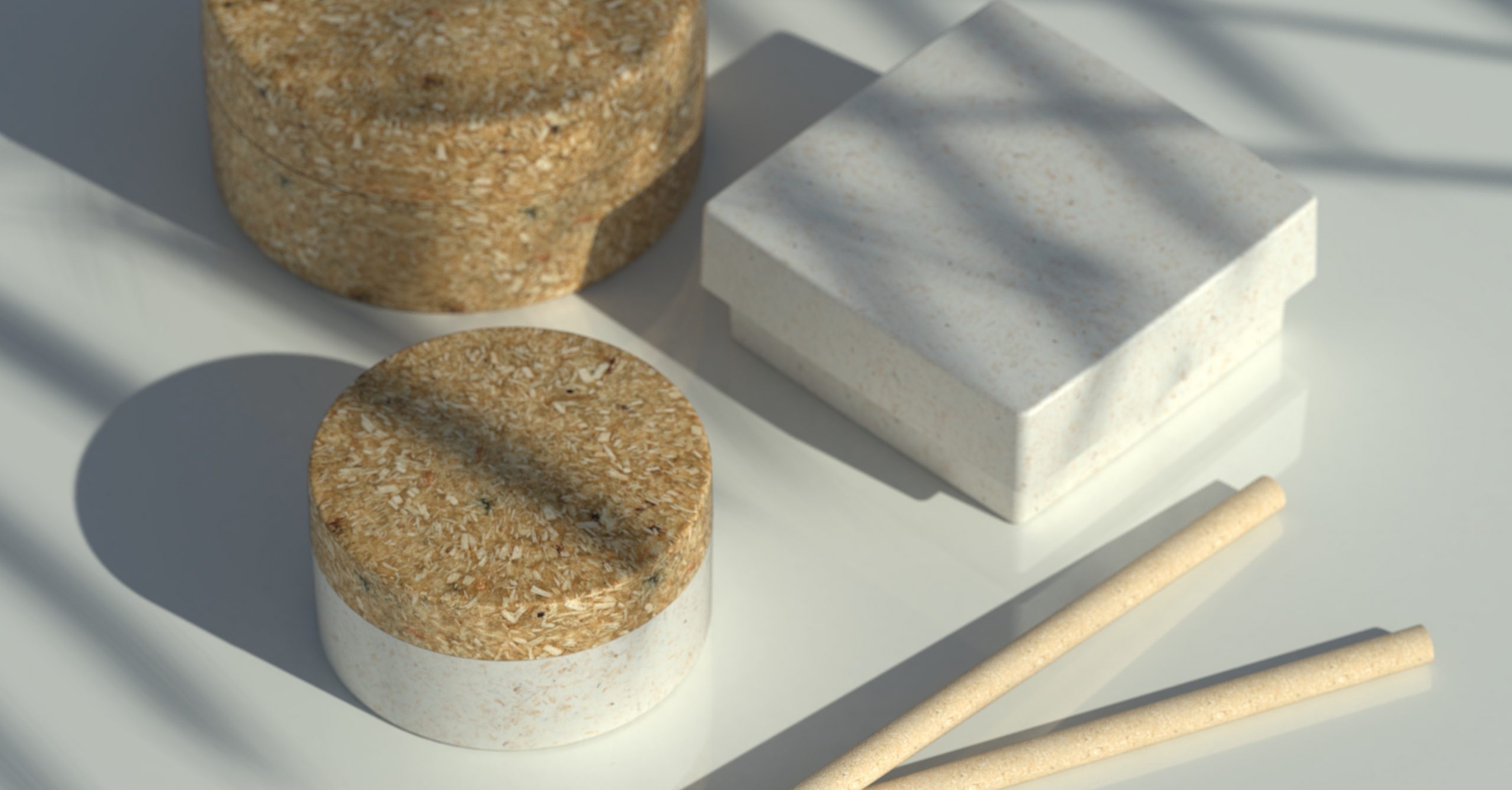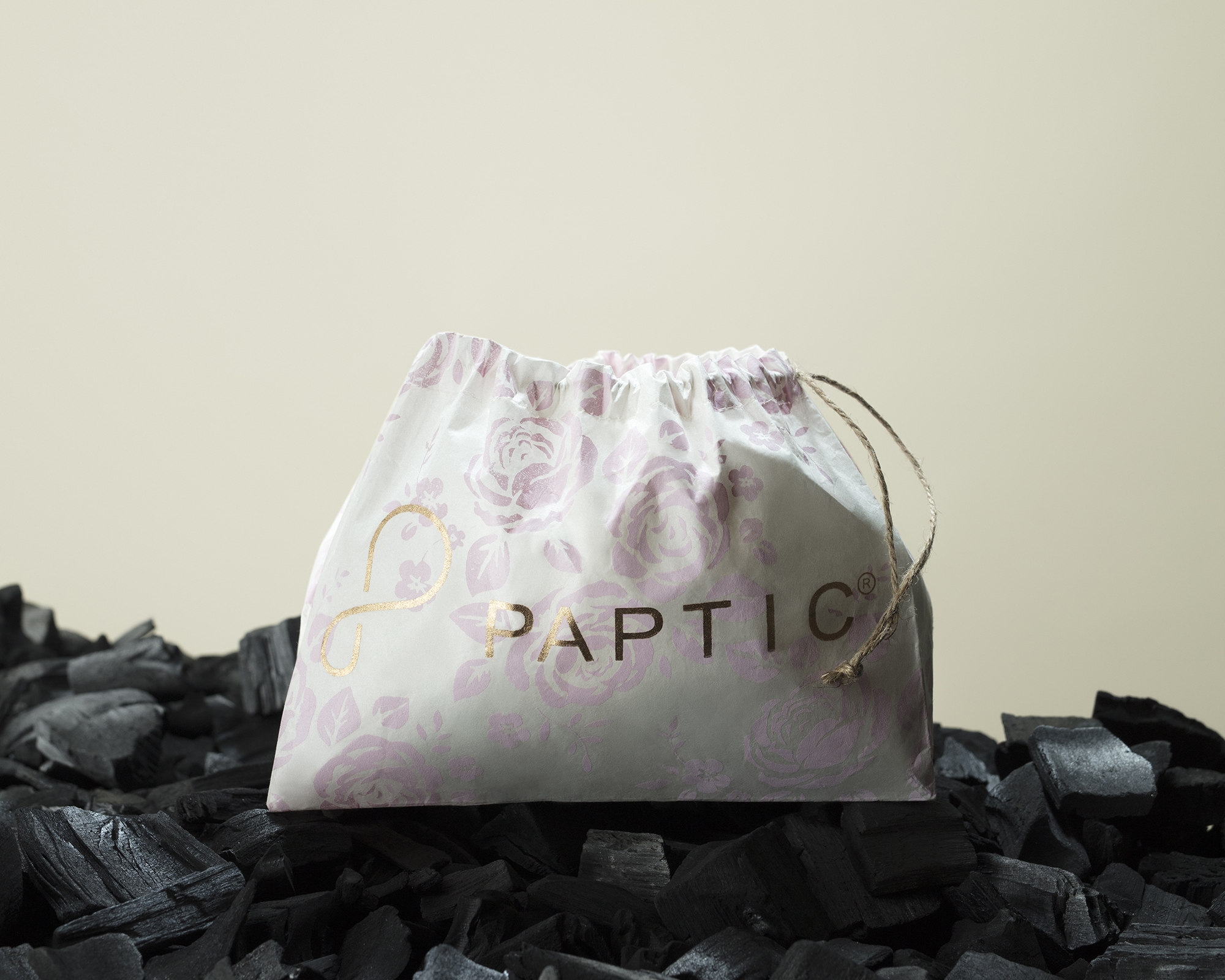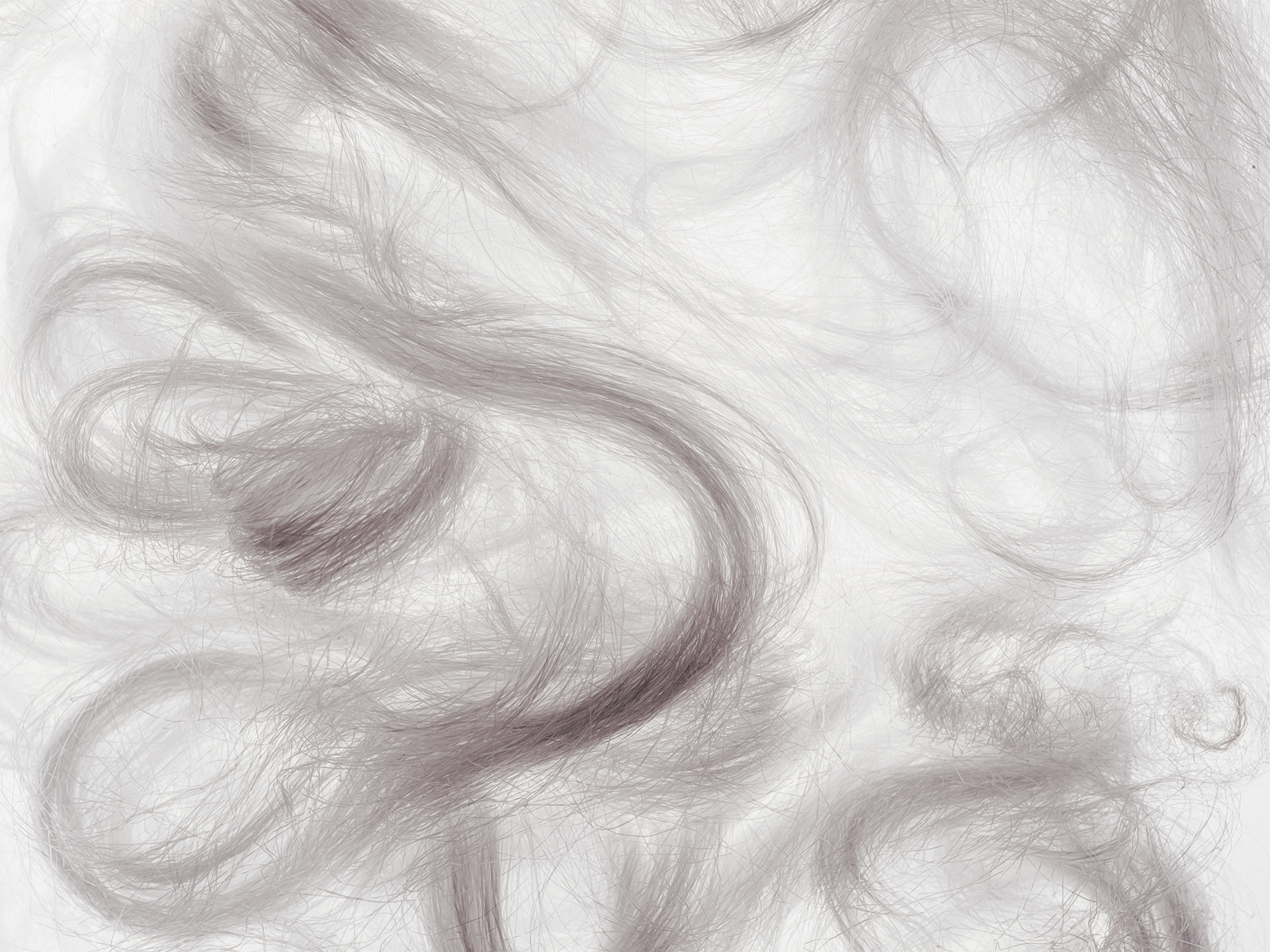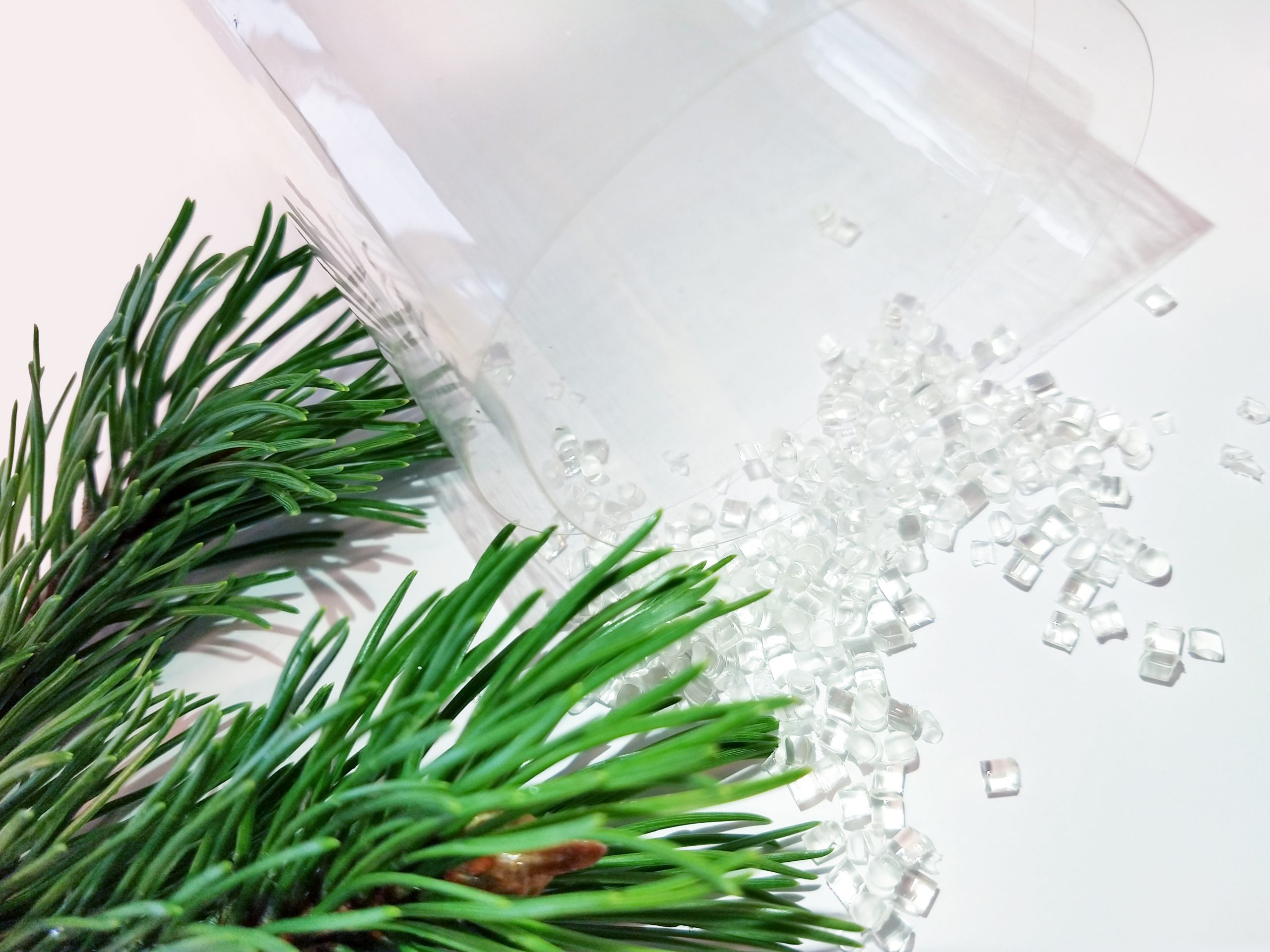Disrupting the material world with fellow sustainability pioneers
Solving the world’s plastic waste crisis isn’t a one-man show. Every choice we make as businesses and consumers has an impact on our planet. And while individual choices matter, together we are stronger and can literally change the world.

We at Sulapac are committed to reducing plastic waste globally by providing a sustainable, beautiful and functional alternative to conventional plastic. Our material can be used for producing rigid products such as jars, clothing hangers, hygiene products and straws. Outside our focus are materials used for example for food packaging films and textiles. But there are some great examples of other companies disrupting the industry with innovations designed for these purposes. In the following we are introducing a few fellow sustainability pioneers driving the change towards a circular economy. A shoutout to Paptic, Spinnova and Woodly!

Paptic – a sustainable alternative to plastic films
Paptic was founded in 2015 with a mission to provide a sustainable alternative to plastic films. Paptic’s renewable, reusable and recyclable Paptic® Tringa material is made of wood fibres from sustainably managed forests. The film-like material is used in packaging such as grocery bags, boutique bags and e-commerce mailers. As the material is durable and foldable, it can be used several times and eventually, the bags are recyclable with carton board or paper, depending on region. Like Sulapac, Paptic Tringa is biodegradable under industrial composting conditions according to EN 13432.
The startup just raised 4,3 million Euros and is ready to take on the next steps to become a brand that everyone in the packaging industry knows. “There are people who can see over the Covid-19 crises and are ready to invest in companies addressing the environmental challenges” the company states. We wish Paptic good luck on the journey to the top!

Spinnova – the most sustainable fibre in the world for the textile industry
Spinnova’s vision is “a more sustainable textile industry, where sustainable cellulose-based materials are a cost-efficient, environmentally friendly and preferred option for brands, and available to all consumers.” Spinnova turns cellulose and waste streams into textile fibre, without harmful chemicals. Spinnova’s chemical compound is the same as paper’s, which means that the fibre biodegrades quickly and sheds no microplastics. And what comes to water consumption, compared to cotton production Spinnova uses 99% less water in their process.
The multi-awarded startup is collaborating with brands like Marimekko and Bergans, and is actively promoting circularity in the textile industry. Check out The Collection of Tomorrow, a circular, subscription-based takeback and reuse concept of apparels – pretty cool, huh?

Woodly – a new type of plastic based on wood
Woodly wants to see the world’s fossil-based economy turn into a bio-based economy. Their contribution to this equation is the introduction of a new type of plastic based on softwood cellulose. The material mimics the best qualities of traditional fossil-based plastics, but Woodly is bio-based, carbon-neutral and can be recycled in the plastic recycling stream after use.
Woodly’s vision is 100% renewable plastics through material innovation and extensive recycling. According to the company, plastic cannot be entirely replaced, but it can be redesigned to reduce environmental impact and circulate. Recently, K-Group became the first retailer to introduce Woodly packaging into its stores. We are eager to follow Woodly on the ambitious goals of shifting the plastics economy into a sustainable future.
Sulapac accelerates a plastic waste-free future with sustainable materials that are beautiful and functional. Like nature. The Helsinki-based company was founded in 2016 by two biochemists Suvi Haimi and Laura Tirkkonen-Rajasalo and has been ranked one of the 100 hottest startups in Europe by WIRED UK. Join the forerunners at sulapac.com.